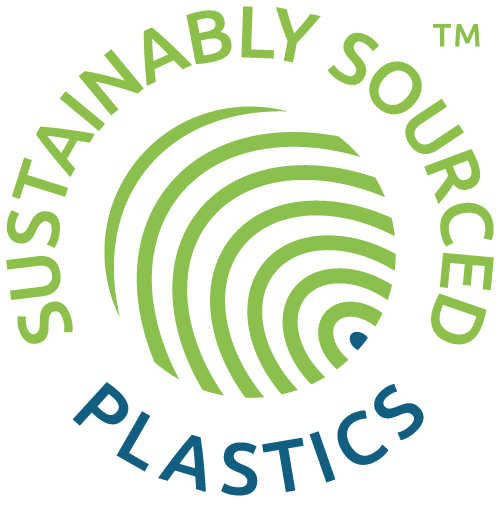Certifications
Group



Our Sustainably Sourced Plastics (SSP) Certification can cover all types of plastic materials.
Supply chain and procurement checks are made to certify recycled material purchasing, testing, and in-process quality controls.
These are used to create an Evidence Portfolio, and can potentially be applied to each part of the supply chain.
The findings are then assessed and, if all requirements are met, the SCG Team award SSP Certification.
This process ensures that the required percentage of recycled content can be traced and evidenced, and can provide an overall certification across the plastics supply chain, from recyclers to manufacturers, distributors and retailers.
The certification can be used to demonstrate compliance with specific legislative or industry requirements such as Plastic Packaging Tax, ESG policies, or Net Zero targets.
Our SSP certification promotes the percentage of recycled content (not just product recyclability) showing that the material is a low-carbon choice compared to virgin material made items.
Supports compliance with government legislation – e.g., recycled plastic content certification. The requirement of the Plastic Packaging Tax is to demonstrate recycled content, not recyclability.
Recycled-PET
We are also proud of the fact that The Sustainable Certification Group is the first company in the world to award a Sustainably Sourced Plastic (SSP) Certification utilising a UKAS accredited Testing Facility to physically measure that a sample contains more than 30% recycled content in PET, for an additional ‘material fingerprint’.
It can independently assure the plastic products contain ‘more than 30% “post-consumer” recycled plastic content’, demonstrating that they are exempt from Plastic Packaging Taxes .
It can assure supply chain businesses (especially brand owners and retailers) that tax exemption claims are externally and independently verified to satisfy HMRC requirements.
Our SSP ‘fingerprint logo can be used on your documentation, packaging and products to clearly identify that the materials have been sustainably sourced, to avoid ‘greenwash’ challenges by customers and possible prosecution by industry ‘watchdogs’ (i.e Competition and Marketing Authority, Advertising Standards Authority).
